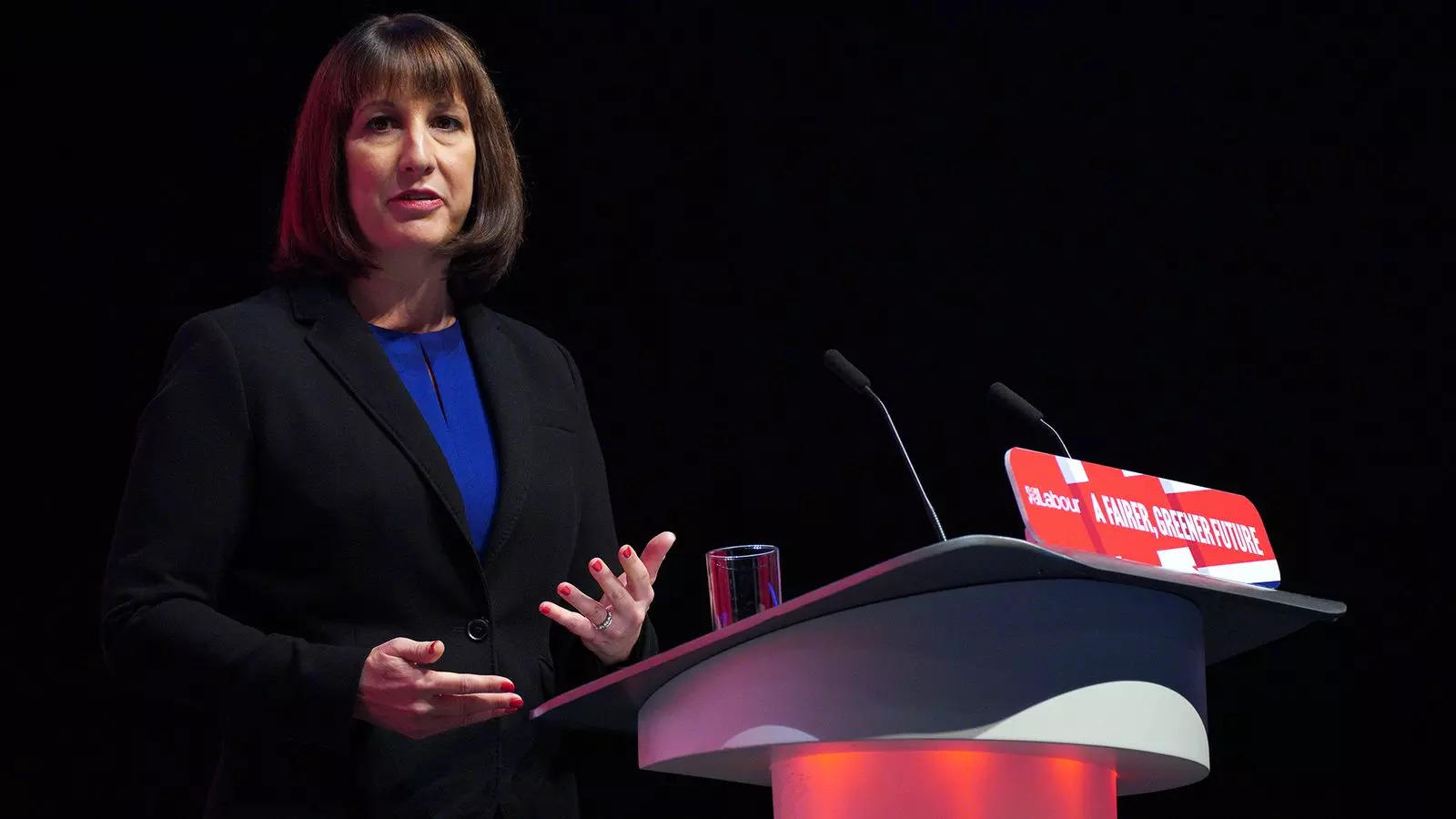On Wednesday, Rachel Reeves, the newly appointed U.K. Chancellor of the Exchequer, held a meeting with leaders from Big Tech, including Sriram Krishnan from Andreessen Horowitz. The discussion focused on how technology, particularly AI, could stimulate economic growth in the U.K. Krishnan, who leads the a16z crypto office in the U.K., highlighted the potential of blockchain technology to contribute to the economy, though the conversation was brief.
The previous Conservative administration had expressed ambitions to make the U.K. a global hub for crypto-asset technology, setting a precedent that Labour’s current leadership seems poised to follow.
Labour’s vision for the crypto sector appears aligned with previous government plans. Laura Navaratnam, U.K. policy lead for the Crypto Council for Innovation, expressed optimism about the future of crypto in the U.K., noting that the issue is more technological than political, unlike in the U.S. Ian Taylor from KPMG U.K. also noted that the U.K. is bridging the gap on crypto technology, suggesting a more bipartisan approach compared to the increasingly politicized debate in the U.S.
Labour’s financial services plan, released in January, includes a commitment to position the U.K. as a leader in securities tokenization. This plan involves clarifying regulations around tokenization and collaborating with regulators to establish a proportional, outcomes-based regulatory regime. Reeves’s engagement with crypto executives, including a breakfast meeting with Coinbase and a16z, indicates a commitment to making the U.K. a hub for technological innovation.

UK Chancellor Rachel Reeves Meets with Big Tech to Discuss AI and Crypto Economic Growth
Tulip Siddiq, Labour’s Economic Secretary to the Treasury, has previously advocated for clear regulations for blockchain technology, recognizing its potential to transform the economy. While she has previously described the crypto space as a “Wild West,” her stance has softened over time, reflecting a growing openness to the benefits of blockchain technology.
Under Labour’s plan, regulation of crypto assets, including stablecoins and staking, would fall under the Financial Conduct Authority (FCA), similar to the SEC in the U.S. However, new legislation is required to enable the FCA to regulate these aspects effectively.
Although the election has delayed the passage of this law, industry insiders remain hopeful that it will be enacted by the end of the year, potentially leading to a significant increase in the issuance of sterling-backed stablecoins.
In contrast to the U.K.’s nonpartisan approach to crypto, the U.S. has seen increasing political polarization on the issue. Former President Donald Trump’s recent endorsement of crypto at Bitcoin 2024 underscores the growing importance of the industry in U.S. politics, with crypto lobbyists raising unprecedented amounts of money.
The politicization of crypto in the U.S. contrasts sharply with the U.K.’s more unified stance, where the debate is less about political ideology and more about setting appropriate regulatory frameworks.
